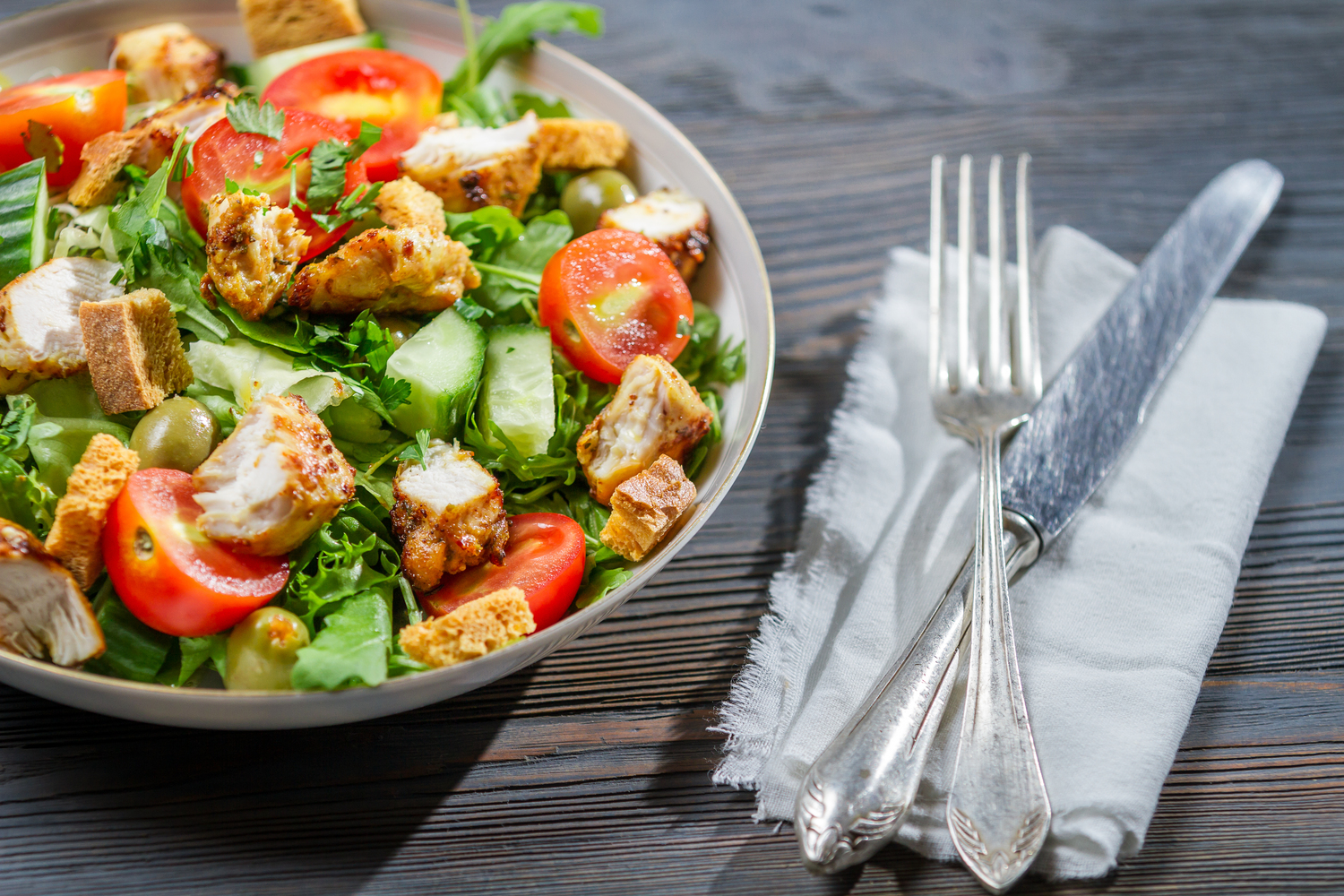
Dietary Tips to Help with Gout
Gout refers to a type of arthritis that occurs when excess uric acid is built up and generates crystals in between the joints. The human body secretes uric acid after breaking down a chemical known as purine, which is present in many food products.
One of the methods you can use to manage gout is to lower the quantity of purines you consume by replacing high-purine foods with healthy foods for gout. However, it needs to be kept in mind that even if the consumption of healthy foods for gout can affect the amount of uric acid your body generates, the effects are minuscule when compared with medication.
No particular diet plan comprising will entirely prevent flare-ups, although it will surely help you. Here are a few dietary tips to manage gout:
- Maintain a healthy body weight
- Minimize the consumption of foods containing purines
- Get into the habit of eating healthy
- Introduce healthy foods for gout, which can help regulate the levels of uric acid
1. Foods to avoid in case of gout
Avoid foods and beverages that are densely packed with purines to help reduce your odds of suffering from a sudden attack. It is best to stay away from foods such as:
- Beer and malt liquors (like vodka and whiskey)
- Red meats like beef, pork, and lamb
- Organ meats like liver, heart, and kidneys, and glandular meats such as pancreas or the thymus (commonly known as sweetbreads)
- Seafood, including crustaceans like shrimp, mussels, lobsters, crabs, etc.
- Products high in fructose such as soda, fruit juices, ice cream, cereal, candy, and fast food
2. Ideal healthy foods for gout patients
It is recommended to opt for low-purine foods like:
- Low-fat and lactose-free products like yogurt
- Nuts, nut-based butters, and whole grains
- Fresh fruits and boiled vegetables
- Leafy vegetables, such as spinach, are included among the high-purine foods, but research shows that they do not increase the risk of gout attacks.
- Eggs
- Potatoes, whole-grain bread, rice, spaghetti, and pasta
- Fats and oils
- Meats like poultry and fish, and red meats, in moderation can be fine (approximately 4-6 ounces per day).
3. Dos and don’ts of fluid intake
Fluids also play a significant role in the production of uric acid in the body, and hence, must not be overlooked by gout patients even if they regularly consume snacks or foods that are healthy for gout.
Given below are some precautions when it comes to consuming fluids.
- Dos
It is advised to keep your fluid intake between 8 to 16 cups per day, comprising mostly of pure water. Citrus fruit juices rich in Vitamin C can help limit the production of uric acid, but the research also shows that high fructose content in orange juice might ramp up uric acid secretion. Therefore, it must be consumed in moderation. Caffeinated beverages such as coffee can also reduce uric acid levels provided they are consumed in moderation. - Don’ts
Sugary drinks like soda and aerated juices are strictly forbidden. It is best if you can limit alcohol consumption or give it up entirely.
While a balanced diet can help regulate the uric acid content in your system, medication is still mandatory as a precaution for preventing gout attacks. It is best to visit your doctor first to plan out your treatment before hastily making lifestyle changes by yourself.


